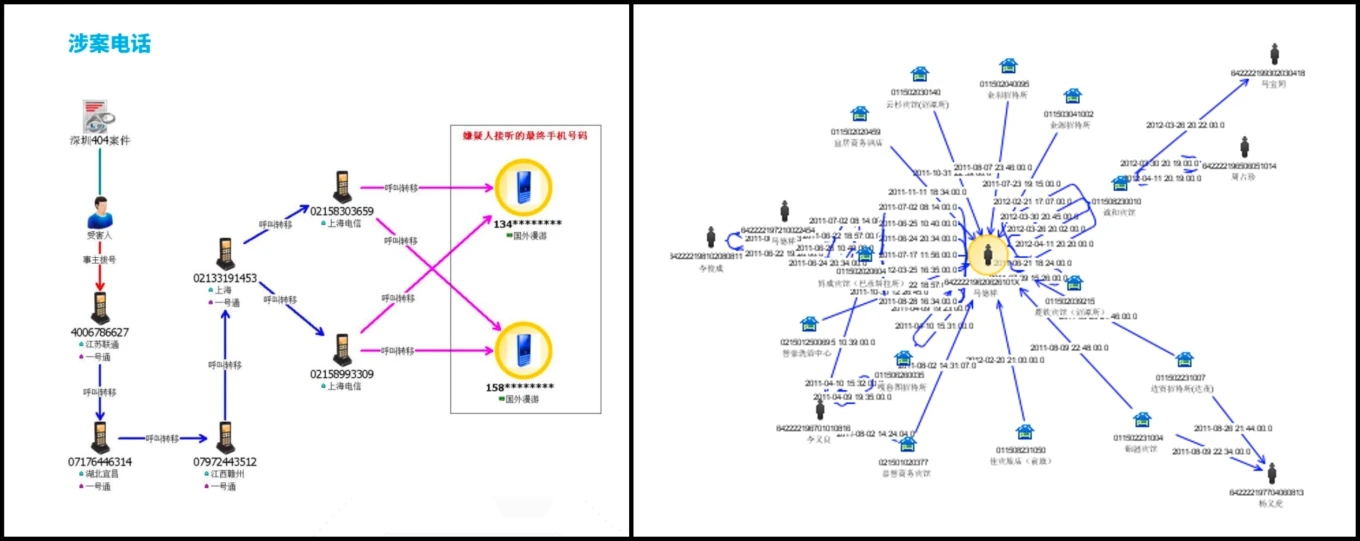“America brought ‘predictive policing’ to China”

[Diagrams obtained by AP News show how the functionality of IBM suspicion-generating software for analyizing relationships between cellphone users (left) was deliberately replicated by developers of Chinese pre-crime software (right)]
But a new report by independent journalist Yael Grauer and a team from the Associated Press, based on documents provided by courageous whistleblowers in China and the US, shows that US technology companies are sometimes leaders, not just followers, in the globalization of Big Brother tools and techniques.
As a summary of key takeaways from the AP investigation puts it, “America brought ‘predictive policing’ to China”:
U.S. companies introduced systems that mine a vast array of information — texts, calls, payments, flights, video, DNA swabs, mail deliveries, the internet, even water and power use — to unearth individuals deemed suspicious and predict their movements. But this technology also allows Chinese police to threaten friends and family and preemptively detain people for crimes they have not even committed….
Across China, surveillance systems track blacklisted “key persons,” whose movements are restricted and monitored. In Xinjiang, administrators logged people as high, medium, or low risk, often according to 100-point scores with deductions for factors like growing a beard, being 15 to 55 years old, or just being Uyghur.
Chinese government agencies and companies (often indistinguishable in the Chinese economy of state-owned enterprises) have bought into the US model of pre-crime predictive policing, purchasing or copying US pre-crime tools.
This isn’t the first time, of course, that US companies have provided the hardware and software used by foreign governments to identify, track, and control individuals. In the 1970s, for example, Polaroid and IBM sold the South African government the database software, computers, instant cameras, and ID-card printers used to manufacture and keep track of the infamous apartheid travel-permission “passbooks”, with IBM developing customized hardware and software specifically for enforcement of apartheid.
Whistleblowers and dissidents within tech companies played an important role in exposing the role their employers and other corporate partners played as enablers of, and profiteers from, apartheid in South Africa. Similarly today, anonymous whistleblowers within tech companies provided much of the source material for the latest AP report on the US sources of China’s infrastructure of surveillance and control.
We commend these whistleblowers for taking the risk to expose what their employers are doing. We encourage more whistleblowing by other tech workers with information about the companies building Big Brother, whether in the US, China, or anywhere else.